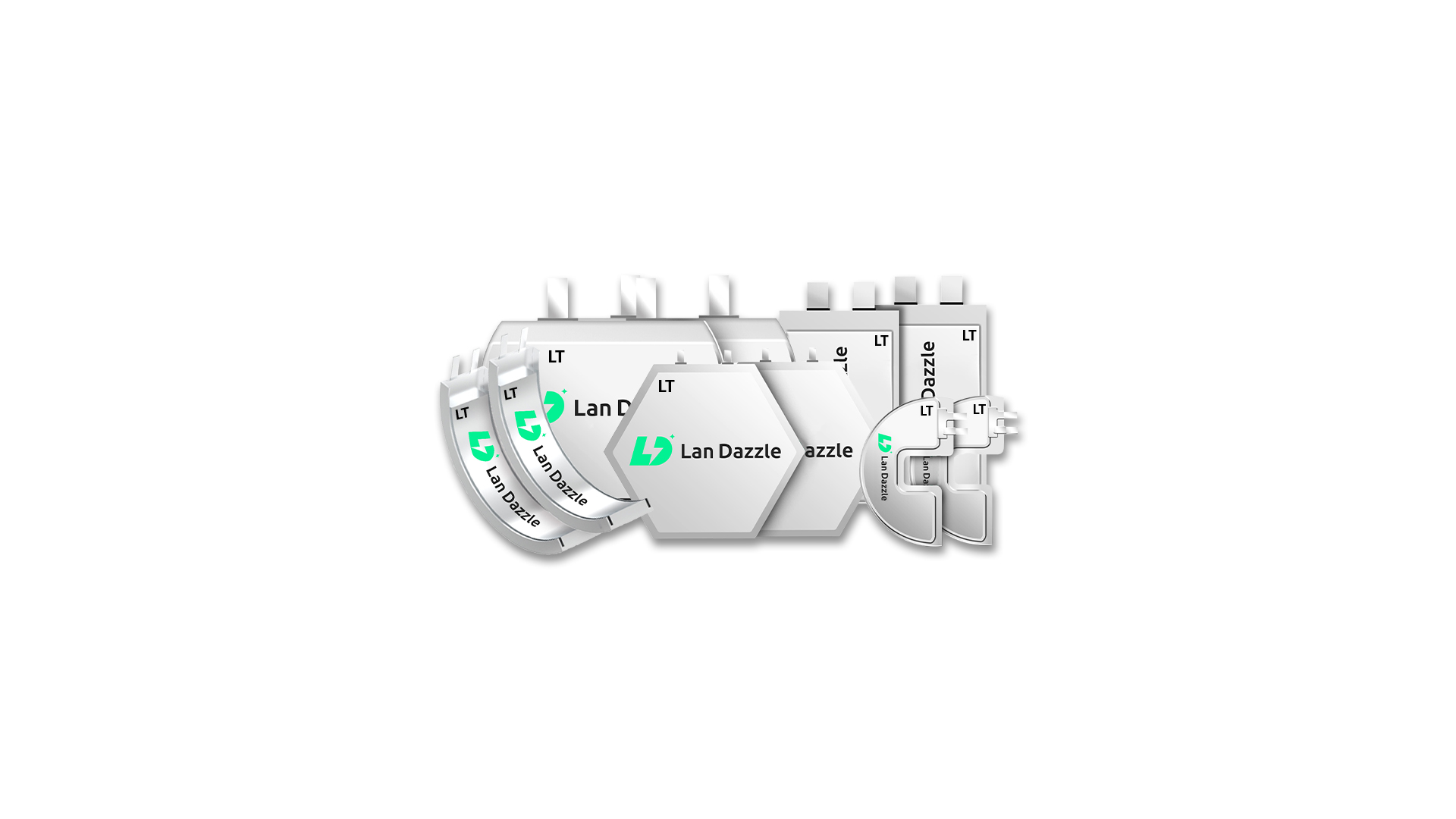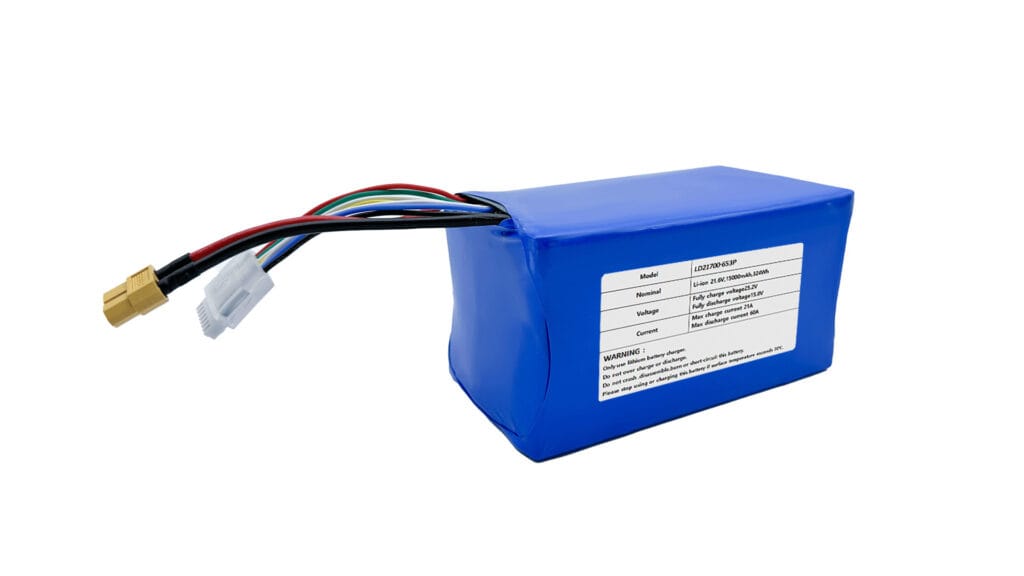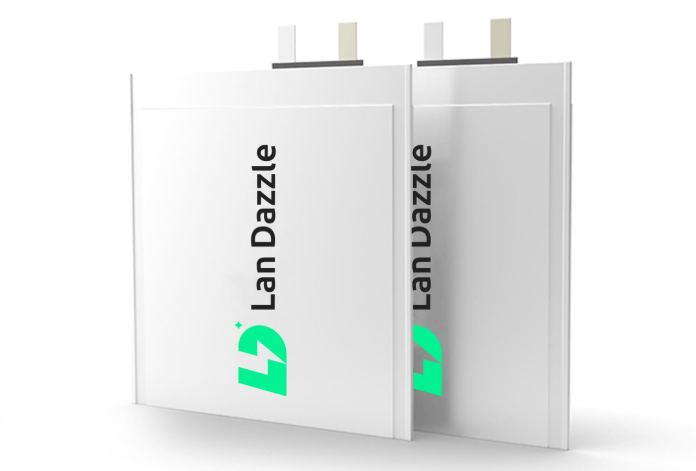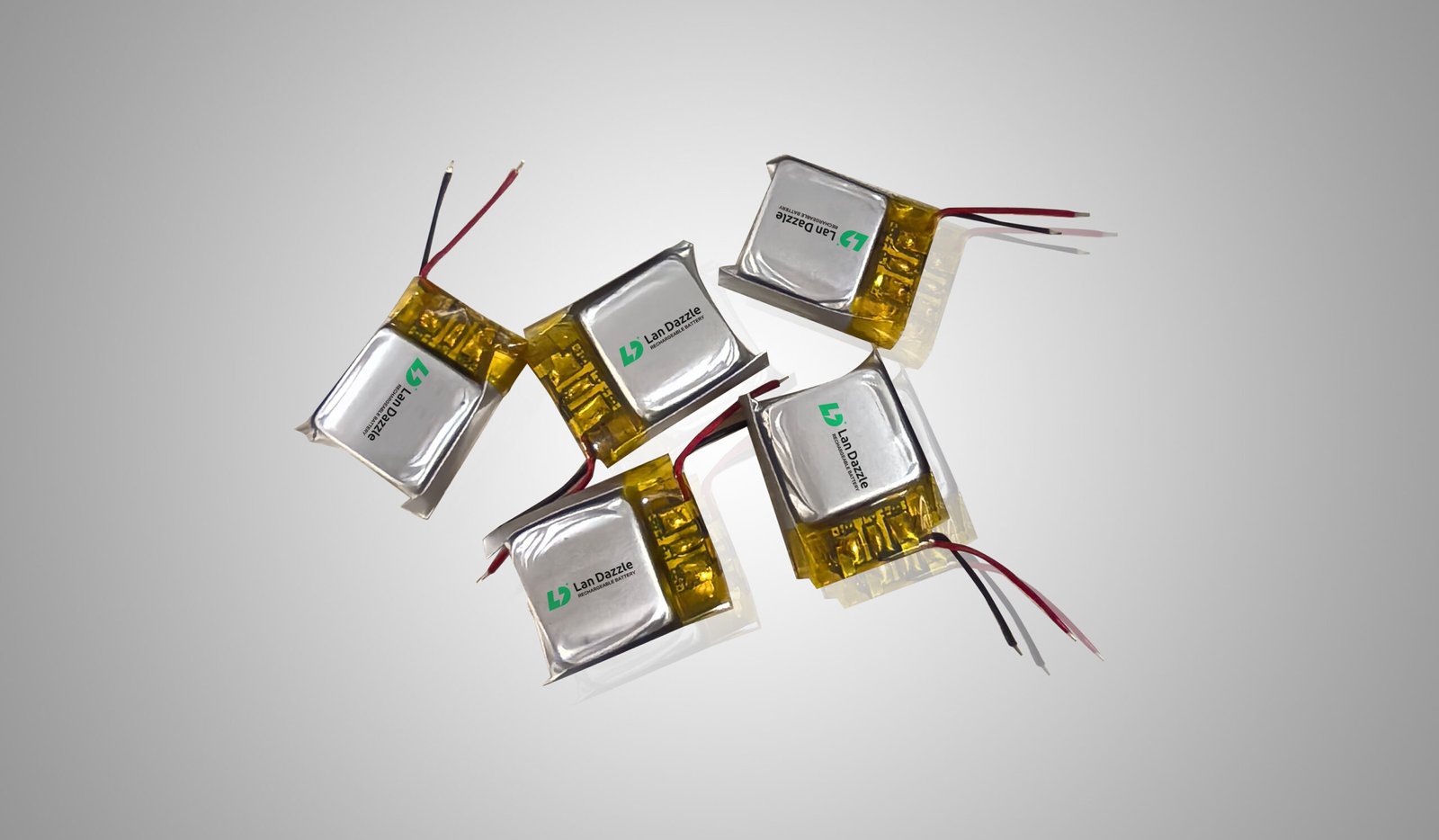The world of RC boating offers a unique blend of engineering, hobbyism, and the simple joy of watching a miniature vessel navigate the water. Whether you’re a newcomer eager to launch your first boat or an experienced captain looking to optimize performance, one component reigns supreme in dictating your aquatic adventures: the battery. Choosing the right RC boat battery isn’t just a technicality; it’s the key to unlocking the full potential of your model, influencing everything from speed and agility to how long you can enjoy it on the water.
This ultimate guide is designed for enthusiasts of all levels. We’ll steer you through the essential aspects of RC boat battery selection, demystifying the jargon and empowering you to make an informed decision that perfectly matches your boat and your ambitions.
Understanding the Essentials of RC Boat Batteries
Before diving into the selection process, it’s crucial to grasp the fundamental specifications that define an RC boat power source.
Key Specifications
- Voltage (V): Think of voltage as the electrical “push” that powers your boat’s motor. Measured in volts (V), it dictates the potential speed and power output. It’s paramount to match the battery’s voltage to the requirements specified for your RC boat’s motor and Electronic Speed Controller (ESC). Most electric RC boats operate with batteries ranging from 7.2V to 14.8V. For instance, a boat designed for an 11.1V battery won’t perform optimally with a 7.4V battery and could be damaged by a significantly higher voltage. Always consult your boat’s manual for the recommended voltage.
- Capacity (mAh): Measured in milliampere-hours (mAh), capacity essentially tells you how much electrical charge the battery can store. A higher mAh rating generally translates to a longer runtime. If you envision extended play sessions on the lake, opting for a battery with a higher mAh is advisable. Common capacities for RC boat batteries range from 3000mAh to 8000mAh and beyond. However, be mindful that higher capacity often means a larger and heavier battery, which can impact the boat’s handling, especially in smaller models.
- Discharge Rate (C-rating): The C-rating indicates the rate at which the battery can safely discharge its stored energy. A higher C-rating signifies that the battery can deliver more current quickly, which is vital for boats requiring rapid acceleration and high power output, such as racing models. For example, a 5000mAh battery with a 20C rating can theoretically deliver 5A x 20 = 100 Amps continuously. Ensure the C-rating of your battery meets or exceeds the demands of your motor and ESC to prevent voltage sag and potential damage.
Common Battery Types for RC Boats
When it comes to powering your model boat battery, two main types dominate the market:
- Nickel Metal Hydride (NiMH): NiMH batteries are a more robust and generally safer alternative. They are less prone to issues related to overcharging or mishandling compared to LiPos. While they typically have a lower energy density (meaning they might be heavier for the same capacity) and lower discharge rates than LiPos, they are a good option for beginners and those prioritizing ease of use and durability.
- Lithium Polymer (LiPo): LiPo batteries are favored by many for their high energy density, meaning they pack more power into a lighter package compared to other types. They also offer high discharge rates, making them ideal for performance-oriented boats. However, LiPo batteries require more careful handling and charging due to their potential for fire if mishandled. You’ll need a specific LiPo balance charger. For important safety guidelines, refer to resources on LiPo battery safety.
Key Factors to Consider When Selecting Your Battery
Choosing the best RC boat battery involves weighing several crucial factors against your specific needs and the characteristics of your boat.
The Type of Your RC Boat and Its Demands
Different types of RC boats have varying power requirements. A sleek racing hydroplane designed for speed will demand a battery with a high discharge rate to deliver the necessary current for rapid acceleration. Often, these boats pair well with high-C LiPo batteries. On the other hand, a detailed scale model, where realism and longer, gentler operation might be the focus, could benefit from a NiMH battery for its ease of use or a LiPo battery with a moderate C-rating and higher mAh for extended runtime. Even sailboats with electric assist need to consider the balance between battery weight (affecting sailing performance) and sufficient capacity for the motor. Understanding your boat’s primary use will guide your RC boat battery selection.
Your Desired Runtime on the Water
How long do you typically want to operate your electric RC boat on a single charge? If you prefer longer, uninterrupted sessions, you’ll need to look at batteries with higher mAh ratings. For instance, a boat drawing an average of 5 Amps will run for approximately one hour on a 5000mAh battery (5000mAh / 1000 / 5A = 1 hour). However, remember the trade-off: higher capacity often means increased weight and size. Consider how this might affect your boat’s performance and handling. For casual cruising, a moderate mAh battery might suffice, while endurance runs will necessitate a higher capacity.
Performance Expectations: Speed and Acceleration
If exhilarating speed and rapid acceleration are your priorities, the battery’s voltage and C-rating become critical. Higher voltage generally leads to a higher top speed, provided your motor and ESC can handle it. The C-rating dictates how readily the battery can deliver the current needed for quick bursts of power. Racing boats often utilize LiPo batteries with high C-ratings (e.g., 30C, 50C, or higher) to achieve that competitive edge. Matching the battery’s capabilities to the demands of your motor and ESC is essential for optimal performance and to prevent stressing the components. Revisit our explanation of voltage and C-rating in Section II.A for a refresher.
Size and Weight Limitations of Your Boat
Before settling on a battery, always check the dimensions and weight limitations of your RC boat’s battery compartment. A battery that’s too large simply won’t fit, and one that’s too heavy can negatively impact the boat’s buoyancy, speed, and handling. Manufacturers usually provide guidelines on the maximum battery size and weight your boat can accommodate. Ensure the battery you choose fits comfortably and doesn’t exceed the recommended weight.
Your Budget and Long-Term Considerations
The cost of RC boat batteries can vary significantly depending on the type, capacity, and C-rating. LiPo batteries generally have a higher initial cost compared to NiMH batteries. However, consider the long-term perspective. LiPos often offer more power and can have a longer lifespan if properly maintained. You’ll also need to factor in the cost of a compatible charger, especially for LiPos. Weigh the initial investment against the performance benefits and potential longevity when making your decision.
A Practical Guide to Choosing Your Battery
Here’s a step-by-step approach to help you select the ideal RC boat battery:
- Check your boat/motor/ESC voltage requirements: Consult your RC boat’s manual or the specifications of your motor and ESC to determine the recommended operating voltage.
- Estimate your desired playtime and the necessary mAh: Think about how long you typically want to run your boat and choose a battery capacity that aligns with that, considering the boat’s power draw.
- Determine the appropriate C-rating based on performance needs: If you prioritize high speed and acceleration, opt for a battery with a higher C-rating. For more leisurely cruising, a moderate C-rating should suffice.
- Measure the battery compartment dimensions: Ensure the battery you’re considering will physically fit within the designated space in your boat.
- Consider your budget and the pros/cons of battery types: Weigh the performance benefits and handling requirements against the cost and maintenance needs of LiPo versus NiMH batteries.
Caring for Your RC Boat Battery for Longevity and Safety
Proper care is crucial for maximizing the lifespan and ensuring the safe operation of your RC boat battery, especially LiPo batteries. Always use a charger specifically designed for your battery type. For LiPos, this includes balance charging. Avoid overcharging or deep discharging your batteries. Store them in a cool, dry place, away from flammable materials. For LiPos, it’s often recommended to store them at a “storage charge” level if you won’t be using them for an extended period. By following proper charging and storage practices, you can significantly extend the life of your battery.
Conclusion: Powering Your RC Boat Adventure
Choosing the right RC boat battery might seem complex initially, but by understanding the key specifications, considering your boat type and usage, and following a practical approach, you can make an informed decision that will significantly enhance your enjoyment on the water. Whether you’re chasing speed records or enjoying the tranquility of a scale model, the right power source will ensure your aquatic adventures are always powered up for fun. As a lipo battery manuafcturer, we can customize polymer batteries with different parameters, such as voltage, capacity and discharge multiplier, according to your needs. If you have any needs or questions about RC boat battery, feel free to contact us at info@landazzle.com.
Frequently Asked Questions (FAQ)
1. What is the difference between LiPo and NiMH batteries for RC boats?
LiPo batteries offer higher energy density and discharge rates, making them lighter and more powerful, but they require more careful handling. NiMH batteries are more robust and easier to handle but generally have lower energy density and discharge rates.
2. How do I know what voltage battery my RC boat needs?
Consult your RC boat’s manual or the specifications of your motor and Electronic Speed Controller (ESC). They will specify the recommended operating voltage.
3. What does mAh mean, and how does it affect RC boat runtime?
mAh (milliampere-hour) is a measure of the battery’s capacity. A higher mAh rating generally means longer runtime because the battery can store more electrical charge.
4. Why is the C-rating important for RC boat batteries?
The C-rating indicates the battery’s discharge rate, or how quickly it can deliver current. A higher C-rating is important for RC boats that require rapid acceleration and high power output.
5. Can I use a battery with a higher voltage or mAh than recommended?
Using a battery with a higher voltage than recommended can damage your boat’s electronics. While a higher mAh battery might offer longer runtime, ensure it fits the battery compartment and doesn’t exceed the recommended weight.
6. How do I properly charge and care for my RC boat battery?
Use a charger specifically designed for your battery type. For LiPos, use a balance charger. Avoid overcharging or deep discharging. Store batteries in a cool, dry place.
7. What size of battery will fit in my RC boat?
Measure the dimensions of your boat’s battery compartment and ensure the battery you choose is smaller than or equal to these dimensions.





